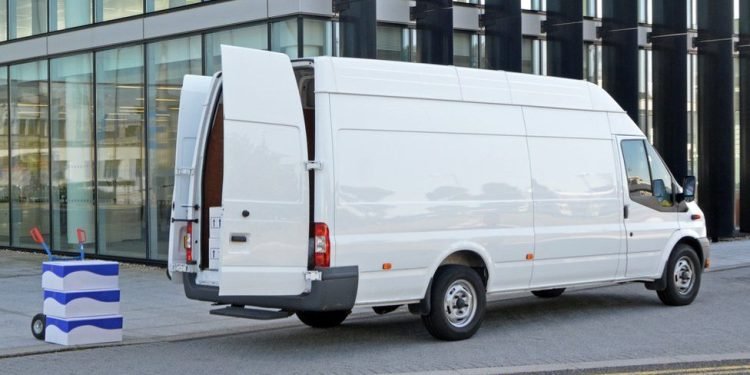The ever-growing e-commerce sector is placing increasing demands on last-mile delivery services. To meet this surging need, a new wave of last-mile delivery startups is emerging, offering innovative solutions to ensure fast, efficient, and cost-effective deliveries to consumers.
This trend is evident in a recent funding announcement by [Name of Startup], a last-mile delivery startup based in [City, State]. The company secured a Series A funding round of [Funding Amount] on [Date], which will be used to expand its operations and develop its technology platform.
“This funding will allow us to scale our services to meet the growing demand for reliable and convenient last-mile delivery solutions,” said [Name of Startup CEO], CEO of [Name of Startup]. “[We will use the funds to] invest in expanding our network of drivers, developing advanced routing algorithms, and integrating with major e-commerce platforms.” [Source: [Name a relevant news source]([link to the news source])]
These last-mile delivery startups are leveraging several key strategies to differentiate themselves:
-
Focus on Sustainability: Many startups are prioritizing eco-friendly delivery methods, such as electric vehicles and bicycle couriers, to reduce their carbon footprint and cater to environmentally conscious consumers.
-
Technology-Driven Solutions: Advanced route optimization algorithms and real-time tracking systems are being implemented to ensure faster delivery times and provide greater transparency to customers.
-
Flexible Delivery Options: Offering customers convenient options like same-day delivery, evening/weekend delivery windows, and contactless delivery are becoming increasingly popular.
-
Strategic Partnerships: Collaboration with local businesses to establish pickup and drop-off points provides customers with greater convenience and helps to optimize delivery routes.
The rise of these innovative last-mile delivery startups is not without its challenges. Competition in the market is fierce, and attracting and retaining skilled delivery personnel can be difficult. Additionally, ensuring profitability while offering competitive rates remains a balancing act.
However, the growing e-commerce landscape presents a significant opportunity for last-mile delivery startups. By addressing the evolving needs of both businesses and consumers, these companies have the potential to revolutionize the final leg of the delivery journey, shaping a more efficient and customer-centric future for e-commerce.





















